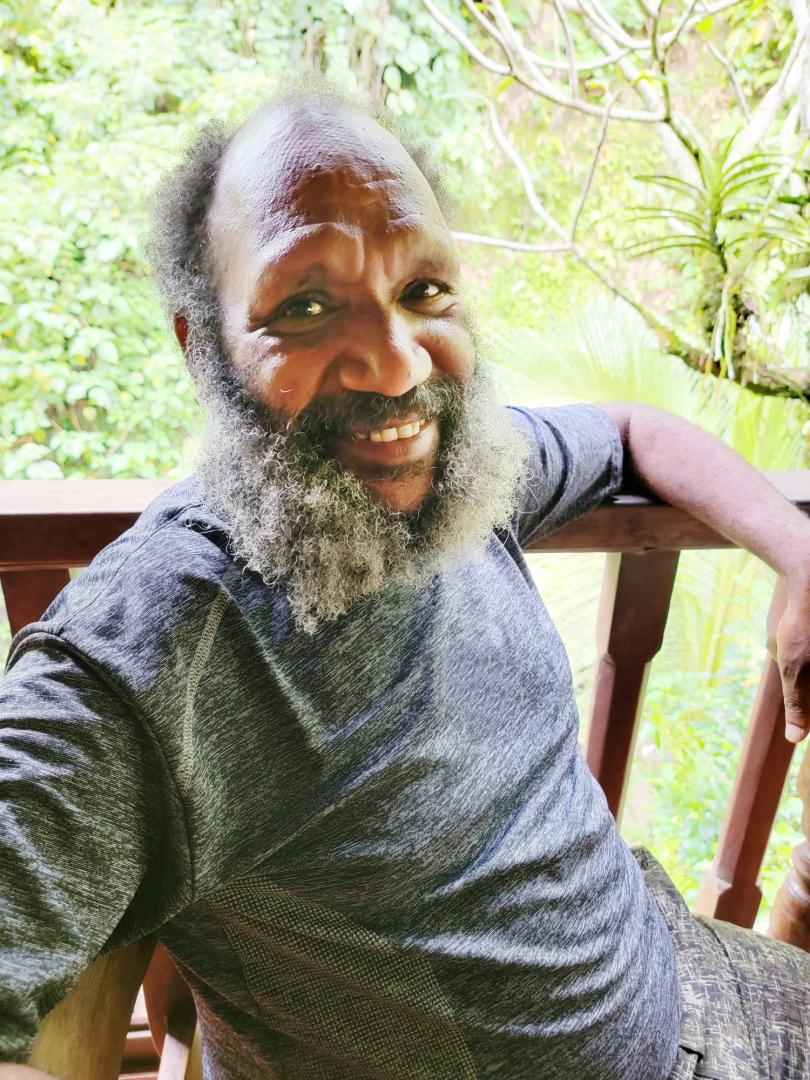When we acknowledge and honour this sacredness of all life, we are more likely to act in a way that is in harmony with the Earth. The most disturbing view that modernity and even conventional conservation movement has shown so far is the neglect of spiritual values, disregarding the fact that there are spirits behind biodiversity, there are spirits that cause those diverse lifeforms to evolve, exist and be recycled.
Spirits do exist, speak, sing, respond to stimuli and even cry when human beings ignore this very basic existential knowledge and awareness. It is time now to return to this truth of spiritual existence.
Rights
The fourth sin, denying that human rights begin with nature’s rights, highlights the importance of recognising the intrinsic value of the natural world. If we do not respect and protect the rights of spirit and nature which came into being long before humans then we are ultimately compromising our own well-being.
The conservation movement must prioritise the health of the spirits, ecosystems and species over short-term economic gain. Assuming that whatever we do to nature and to all other living beings will not affect us is a mistake modern human kind are forever committing.
Morally speaking, whatever we humans do to other living beings affects human beings. Likewise, considering indigenous peoples as part of the problem in conservation work and excluding them from conservation efforts has been a mistake in our modern conservation paradigm and efforts.

Duty
The fifth sin, viewing conservation as a humanitarian act rather than a sacred duty, reveals a lack of reverence for the Earth and a shallow understanding of our interconnectedness with all life.
Conservation is not just about saving cute and cuddly animals for our own enjoyment or protecting specific species on earth because of our passion.
It is about honouring the diversity and beauty of the natural world and ensuring its survival for future generations. It is about our responsibility as humans who have caused so much destruction on Earth.
It is about acting with humility toward our fellow living beings, and it is about acknowledging, with reverence, the reality that we are not here alone, we are not here because of ourselves; other beings were here before us, they are our origin, our nurturers, our teachers, our protectors, our sustainers, and finally our home to which we return to after this life.
Salvation
The sixth sin, faith in science and technology as salvation, highlights our society’s reliance on technological solutions to environmental problems. While science and technology can play a crucial role in conservation efforts, they are not a panacea.
We must also begin by cultivating a deeper spiritual connection to the Earth and adopting sustainable practices that prioritise the well-being of all living beings.
Most of the environmental destruction has come about since scientific and technological revolutions began less than 300 years ago, and therefore, the indigenous approach of spirit-led conservation should become our complementary paradigm.
Erasure
The seventh sin, environmental laws that erase spirit-hotspots, calls attention to the ways in which legal frameworks often fail to account for the spiritual significance of sacred sites and landscapes, as well as sacred names and stories.
Spirit-hotspots generate biospheres or bio fields that keep life evolving, nurtured and recycled, that attract and keep certain beings – biodiversity – and send others away to find other hotspots.
Spirit hotspots are the essence of biodiversity. Indigenous conservationists will argue that spirit hotspots are responsible for bio-diversity and cultural diversity. When we prioritize economic development over the protection of sacred spaces, we are erasing the spiritual heritage of Indigenous peoples and undermining the well-being of the Earth.
Reminder
In conclusion, these ‘seven deadly sins of modernity in relation to nature and conservation’ serve as a powerful reminder of the need to reevaluate our relationship with the natural world.
By acknowledging the flaws in our modern worldview and adopting a more holistic and spiritually grounded perspective, we can work towards creating a more sustainable, regenerative and harmonious future for all beings on Earth.
Scientific development and technological innovation may offer some superficial sustainable development practices, or green economies, appropriate technologies, and conservation related mobile applications as part of conservation effort.
However, excluding the spiritual aspect of conservation is a serious crack that requires reconciliation between the two frameworks: modern and indigenous.
This Author
Jhon Kwano is an elder from the Lani tribe in the highlands of New Guinea. Jhon Kwano is from the last generation of his people to receive traditional initiation. He was identified from an early age for the role of messenger, sharing the message of his tribe with outsiders and reporting back with what he has seen in the outside world. He is the only one known to be playing this role outside of Melanesia. As such, he is authorised to represent not only the Lani, but also other cultures in both the rest of Melanesia and New Guinea.




No Comments
Leave a comment Cancel